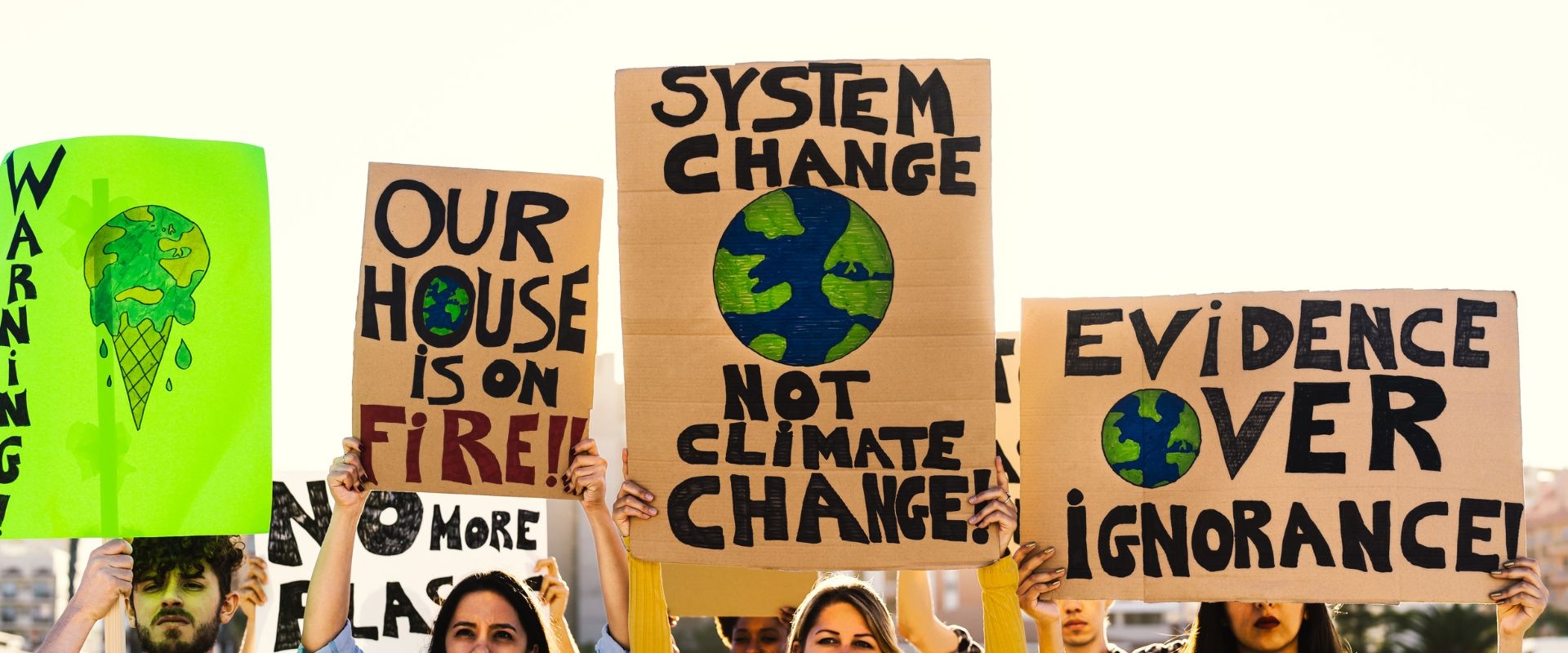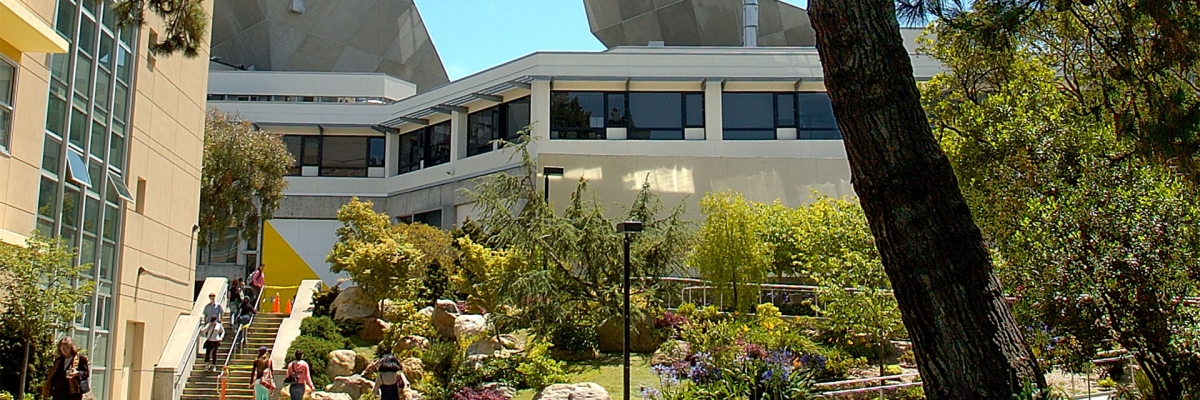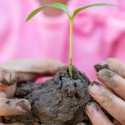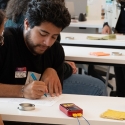Graduate Certificate
Climate change calls for justice-based solutions and new ways of teaching. The Graduate Certificate in PK-12 Climate Justice Education brings together educators from across subjects and grade levels. The program’s goal is to prepare you to become a leader in climate justice education at your school, in your district and beyond. If you work in PK-12 education and want to strengthen your teaching around climate justice, this program gives you the knowledge and tools to do so.
About the Program
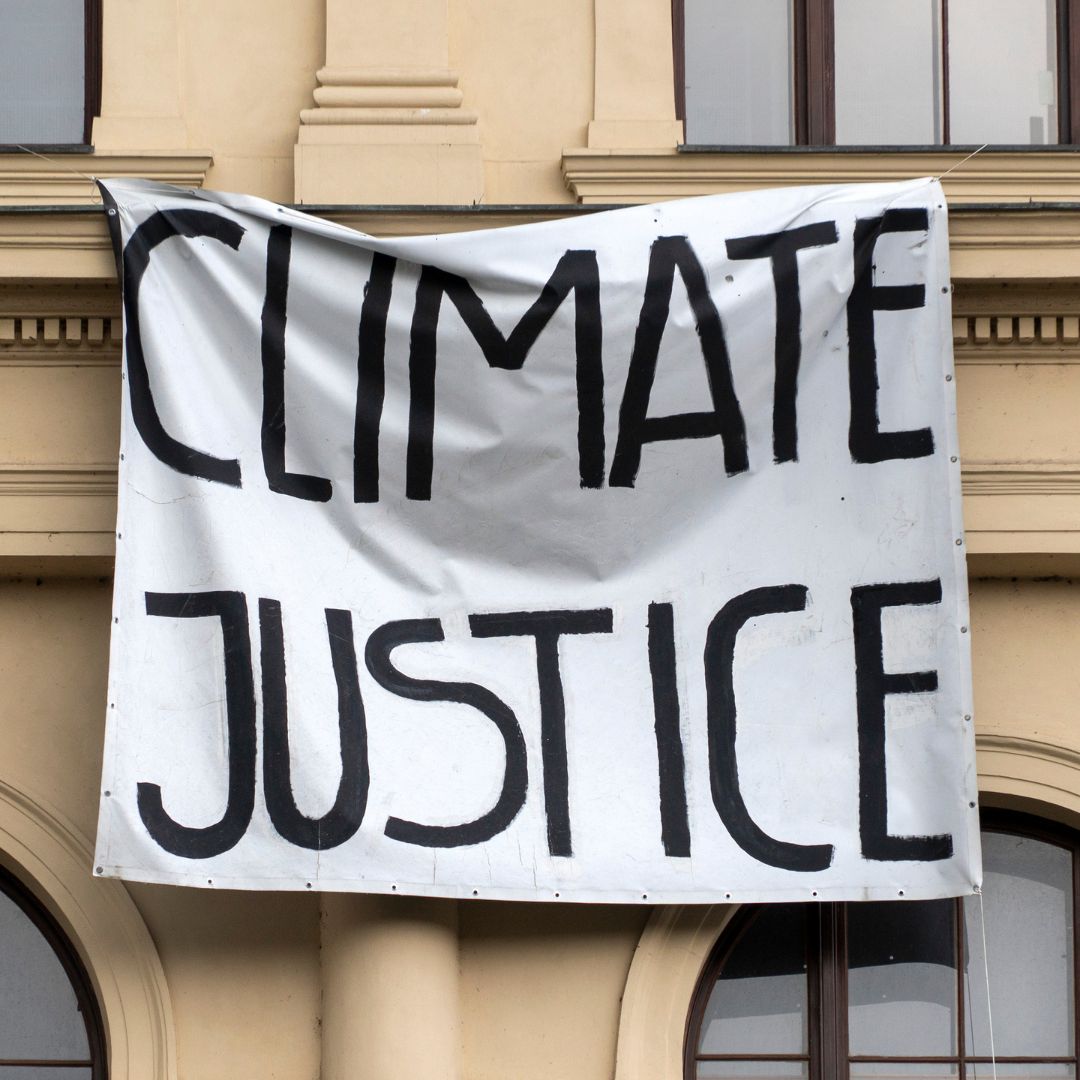
In this program you will:
- Build a strong understanding of the science behind climate change and its impact on PK-12 education
- Explore how climate change affects ecological, social and economic systems in the communities you serve
- Learn culturally responsive and developmentally appropriate ways to teach climate justice to PK-12 students
Audience Examples
This program brings together educators from across PK-12 education and supports the development of climate justice teaching in all subject areas. Below are examples of how you might engage with the program.
High School English Teacher
As a high school English teacher, you might choose to focus on effective communication and its role in promoting climate justice. This might involve integrating media literacy more explicitly into your curriculum, as well as developing climate stories into fiction or nonfiction writing tasks for students. Learning more about climate justice in this program will provide you with resources to guide students in envisioning possible futures, sending a message of hopeful action, effectively communicating science, and promoting climate justice in their writing.
Elementary School Teacher
As an elementary school teacher, given the demands of teaching multiple subjects, you might feel that you are not up to date on the climate change impacts or solutions, nor how to communicate these ideas to elementary age children. This certificate program will provide resources for you to learn more about the causes, impacts and solutions of climate change, along with examples of local impacts and solutions, activities that can be adapted for various grade levels and discussions for how to communicate a message of hope-filled action appropriate to students’ developmental needs.
Middle School Art Teacher
As a middle school art teacher, you might choose to investigate the role of the arts in broadening the reach of climate action. You might design strategies to incorporate both the study of artists who work in the climate justice space and opportunities for students to produce and share climate-inspired art. The resources in this program will connect you to resources that may inspire ideas and collaboration, and will provide ways that projects can communicate a message of hope and a call to action.
Garden Educator
As a garden educator, you may want to include more climate change education into your curriculum but may not know how to communicate climate change impacts without frightening or overwhelming the students. You might develop a series of garden-based investigations for children at different ages that draws upon students’ experiences and community contexts. This program will provide strategies for how to communicate hope and action to students, at levels that are appropriate for different ages, as well as provide a collaborative community for designing and testing new ideas.
High School Physics Teacher
As a high school physics teacher, you may want to incorporate climate change into your classes but have no idea where to start. By providing an overview of the science and many different impacts and solutions across the Bay Area, you will gain inspiration for connections to class material and ideas for how to enact these ideas.
Program Details
- Cost: $4,740 ($395 per unit)
- Length: One year
- Start: Summer
- Application period: October 1 to March 1
Scholarships
Full scholarships are available. Priority is given to teams of three or more PK-12 teachers. Each team member must apply separately.
Application Fee Waiver
Bay Area PK-12 educators working in schools or informal education settings can request an application fee waiver.
This program is offered in collaboration with the Graduate College of Education's Department of Elementary Education. The program is also receiving support from the campus-wide Climate Justice Leadership Initiative.
Highlights
About the Certificate
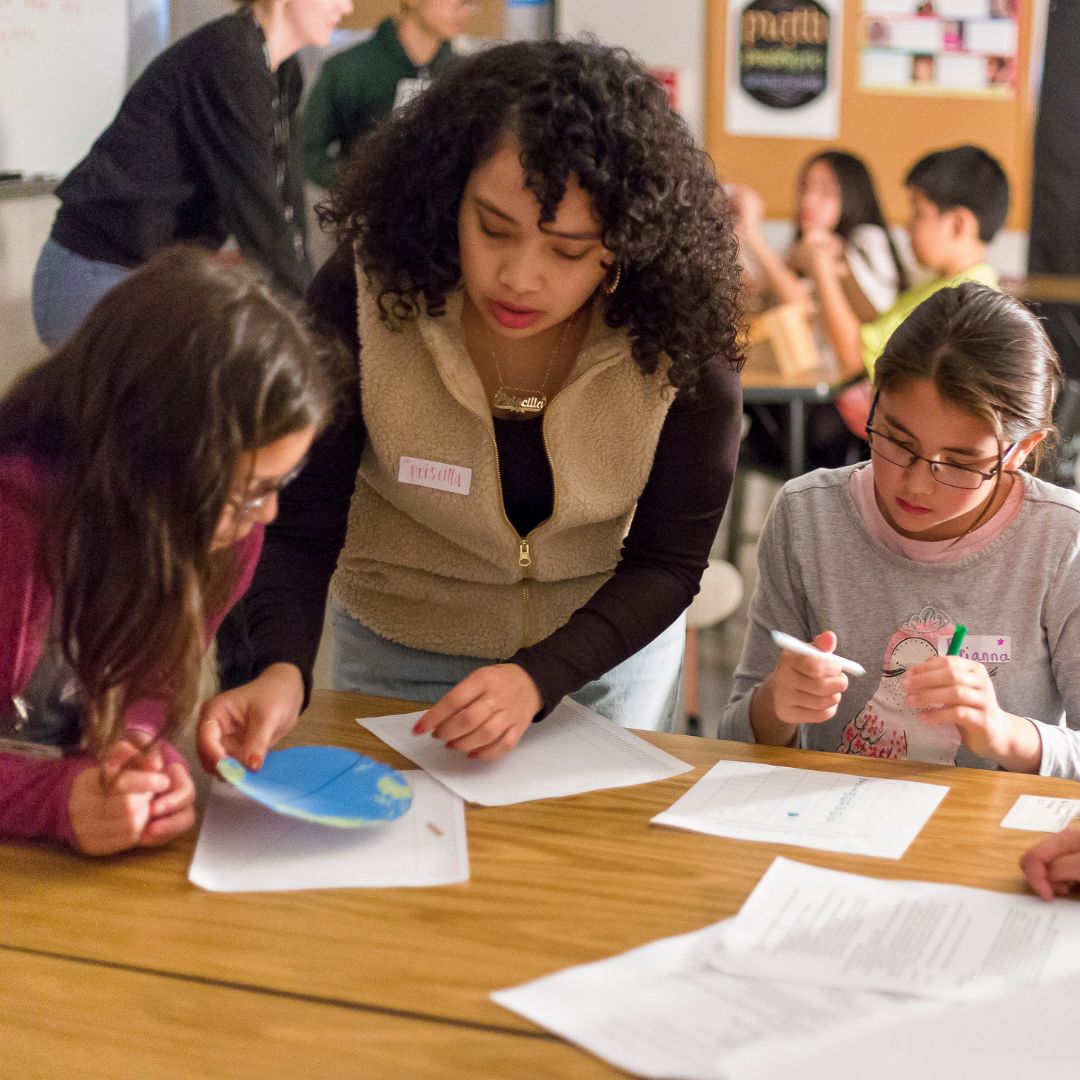
This program follows a low-residency model. You will meet in person for one week in the summer and for one weekend during the fall and spring semesters. All other coursework takes place online, making it possible to join from a wide area while still engaging in place-based learning.
| Subject Abbreviation | Course Number | Course Title | Prerequisite | Units | Semester |
|---|---|---|---|---|---|
| SCI | 403 | Climate Change Science for Educators | Enrollment in Graduate Certificate in PreK-12 Climate Justice Education | 3 | Summer |
| EED | 765 | Critical Issues in Science Education | Restricted to Graduate Curriculum and Instruction students or permission of the instructor *will be revised to “graduate standing” | 3 | Summer |
| RRS | 499 | Race, Class, & Climate: Examining the Root Causes, Impacts, and Just Solutions to the Climate Crisis | Graduate Certificate in PK-12 Climate Justice Education students | 3 | Fall |
| EED | 781 | Curriculum, Instruction, and Assessment for Teacher Leaders | Graduate standing; enrollment in Climate Justice Education Certificate; or permission of the instructor | 3 | Spring |
Participants will engage in professional writing that is in line with the kinds of writing needed in educational leadership positions. These include:
- Curricular analysis and policy white papers based on the analysis (EED 765)
- PK-12 curriculum writing (RRS 499 + EED 765)
- Training documents for teacher colleagues (EED 781 + RRS 499)
- Written and oral presentations of findings from participatory action research (EED 781)
- Writing/communicating clear, accurate and meaningful scientific explanations for a range of developmental levels on the PK-12 continuum (SCI 403)
At least one core writing project in each of the four classes will be assessed using a rubric and revised based on peer review and instructor feedback.
The Division of Graduate Studies processes the award of both graduate and undergraduate certificates. The Certificate Approved Program form and instructions can be found on the Division of Graduate Studies website. Students fill out the form once the coursework is completed and have the form signed by the advisor and department chair.
All courses for the certificate must be completed with a minimum GPA of 3.0 and only courses completed with a grade of C or better can be used to satisfy the requirements of a certificate.
How to Apply
Apply for this program using Cal State Apply. Read the instructions in full before applying.
Application Period
Application Opens: October 1
Deadline: March 1
2026 – 2027 Dates
Summer 2026
- Semester: June 15 – August 7
- In-person meetings: June 15 – 18 and August 7
Fall 2026
- Semester: September 14 – November 20
Spring 2027
- Semester: February 1 – May 2
To apply you must have:
- A bachelor’s degree from an accredited institution
- A GPA of 3.0 or higher in your last 60 semester (90 quarter) units
- At least two years of experience working with PK-12 students in a formal or informal setting
Apply through Cal State Apply. You will also need to submit:
- A 300- to 500-word statement of purpose that explains:
- How your experience as an educator shapes your interest in climate change education
- Your professional and personal goals for this program
- The strengths and resources you bring to collaborative climate justice education
- A current resume showing your PK-12 education experience
- One letter of recommendation from an educational supervisor (such as a principal, department chair or program director) that speaks to your strengths as an educator and your potential as a leader in climate justice education
Need help with your Cal State Application? Watch Professor Stephanie Sisk-Hilton's video, walking you through the application process.
Faculty
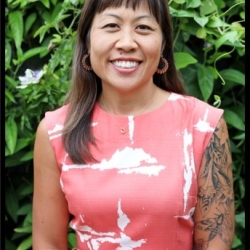
Jamie Marie Chan, Ed.D.
(She/Her/Hers)
Faculty
jmchan@sfsu.edu

Gopal Dayaneni, M.A.
(He/Him/His)
Faculty
gopaldayaneni@sfsu.edu

Charli Sakari, Ph.D.
(She/Her/Hers)
Faculty
sakaricm@sfsu.edu
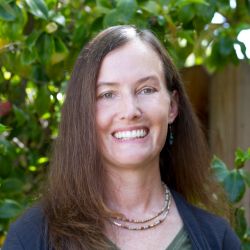
Stephanie Sisk-Hilton, Ph.D.
(She/They)
Faculty, Faculty Director
stephsh@sfsu.edu
News
Contact
Faculty Director: Stephanie Sisk-Hilton, Ph.D. | stephsh@sfsu.edu | (415) 338-1747
Program Specialist: Eduardo Cerpa | ecerpa@sfsu.edu | (415) 405-4244
